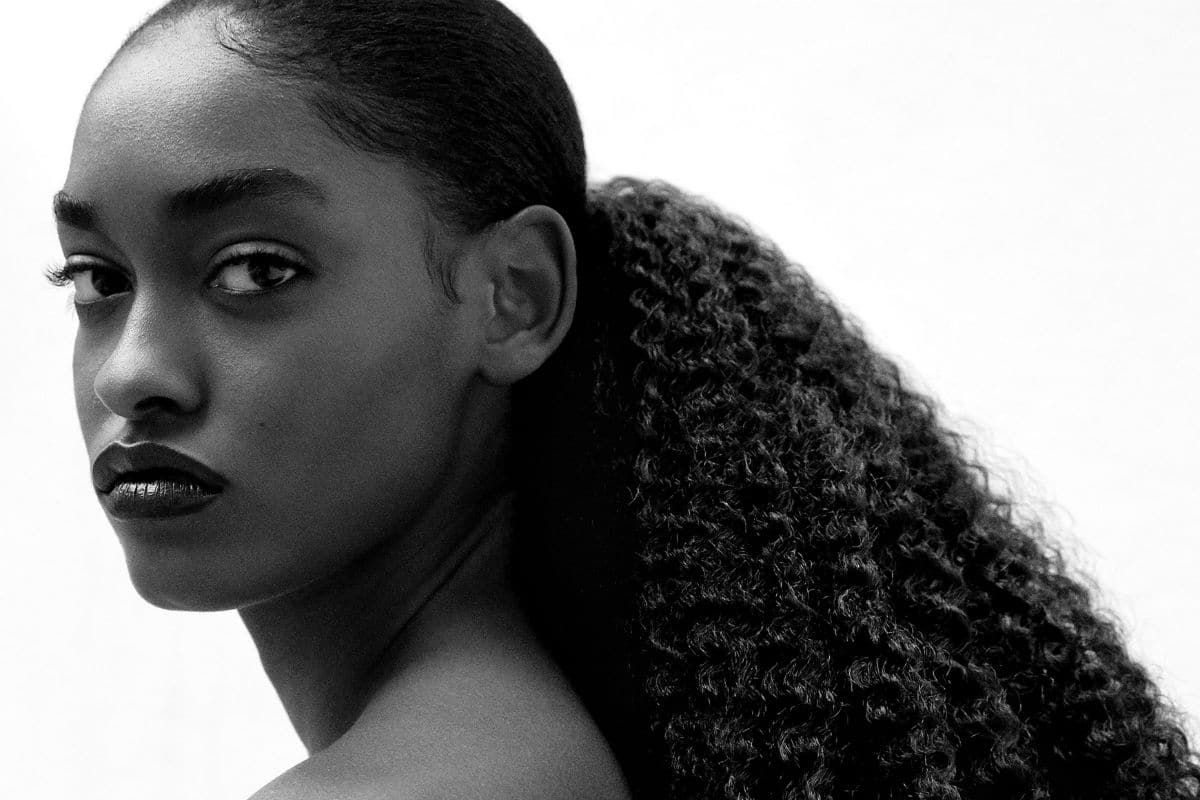
The formula for healthy hair is seemingly a complicated one. Many of us work our way through a myriad of treatments, masks and cleansing products trying to find the perfect recipe for a glossy mane.
But arguably, there is one fundamental aspect of hair health that is often ignored - the health of our scalps. Healthy, nourished hair starts from the root. If you're not kind to your scalp, it could have an impact on your hair growth and quality.
We spoke to Lisa Caddy, Global Training Director and Consultant Trichologist of famed hair care brand Philip Kingsley. This brand is the mastermind behind Elasticizer, a deep conditioning pre-shampoo treatment. It's a product that was originally designed for Audrey Hepburn to help combat the effects of excessive styling.
Lisa explains that a healthy scalp is directly linked to healthy hair and that frequent washing actually isn't a bad thing.
Is the health of your hair linked to the health of your scalp?
Most definitely. Having a healthy scalp is fundamental to optimising the hair and ensuring you have your healthiest hair ever. The scalp is the bedrock of hair growth, every hair follicle is embedded in the scalp and has its own blood supply, so the hair is a function of the skin!
If your scalp isn't healthy, what sorts of impacts might we see?
An ‘unhealthy’ scalp might start to itch or develop flaky patches. Sometimes there can be underlying inflammation and so the scalp appears red and might feel hot or have a burning sensation or feel sensitive. In terms of its affect on the hair, a scalp condition can trigger an increase in daily hair fall, or the hair may lose it gloss and lustre, looking dull and lifeless.
What should we start doing to improve our hair and scalp health?
A clean and healthy scalp equals a better head of hair and so shampooing frequently is key. The action of shampooing loosens ‘dead’ hairs, removes dead skin cells, bacteria, sweat, oil, pollution and odours to name a few. Using a scalp toner (Philip Kingsley Stimulating Scalp Toner) after every wash acts in the same way a facial toner does, it closes the pores, control sebum production and leaves an anti-microbial protective layer on the scalp.
Is there anything we should stop doing to improve our hair and scalp health?
I never recommend applying oils to the scalp. Quite often clients tell me that they have been massaging in oils to either solve their ‘dry scalp issue or just to nourish it. Oils just compact the flakes down making the situation worse and its quite common to develop a contact dermatitis from using oils on the scalp.
What advice would you give to anyone concerned about their scalp health?
First and foremost, shampoo frequently, try an anti-microbial shampoo. (Philip Kingsley Flaky Itchy Scalp Shampoo). If the scalp is inflamed, itchy or flaky try cutting out dairy products for a few weeks to see if this helps. Dairy is thought to cause inflammation in some individuals and can exacerbate scalp eczemas. Include more healthy fats such as salmon, mackerel, anchovies, flaxseeds which are all known anti-inflammatory foods.
What haircare tip do you wish more people knew?
That shampooing doesn’t make your hair fall out! So many people shy away from shampooing if they see an increase in hair fall and blame the action of shampooing but it's physically impossible for this to happen. It's just that shampooing loosens those ‘dead’ hairs which were about to come out anyway.



